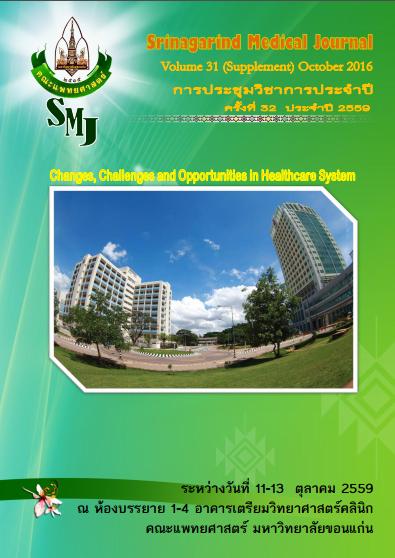Symptoms, Symptom Management and Outcome in Cancer Patients Undergoing Chemotherapy
Abstract
Background and Objectives: Chemotherapy used for treatment of cancers has many adverse consequence to patients. Consequently, patients suffer from side effects of chemotherapeutic agents and these adverse effects badly have influence on physical,mental and emotional status of patients. As a results, patients have to deal with the suffering caused from cancer therapy. The aim of this descriptive study is to determine the symptom experiences , management strategies of cancer patients receiving chemotherapy and outcome of the management.
Materials and Method: Subjects included in this study are 120 of cancer patients, who were treated with chemotherapy at least once and the age of patients ranges between 18 to 65 years. Data were obtained by interviewing using a symptom, symptom management and outcome interview scale with reliability of 0.94. The data were analyzed using descriptive statistics.
Results: The results show that the 5 most frequency symptoms of cancer patients receiving chemotherapy1) changes in food taste perception (mean= 1.25, SD =1.285 ) 2) anorexia (mean = 1.25, SD =1.268 ) 3) numbness of peripheral extremities (mean = 1.10, SD =1. 514 ) 4) fatigue (mean = 1.02, SD=1.156 ) and 5) insomnia (mean = 0.94, SD =1.292 ).The 5 most common suffering symptoms are 1) changes in food taste perception (mean = 0.98, SD = 1.170) 2) anorexia (mean = 0.98, SD =1.1250 ) 3) fatigue (mean = 0.91, SD =1.138 ) 4) insomnia (mean =0.80, SD =1.120 ) and 5) numbness of peripheral extremities (mean 0.79, SD =1.114 ). The 5 most common disturbing symptoms are1) anorexia (mean = 0.87 ,SD =1.192 ) 2) changes in food taste perception (mean = 0.85, SD =1.090 ) 3) fatigue (mean = 0.75, SD =1.055 ) 4 insomnia (mean = 0.75, SD =1.071) and 5) nausea/vomiting (mean = 0.68, SD=1.062) In addition, the results revealed that cancer patients had effective methods for symptom management resulting from chemotherapy such as changing eating habit (eating recently cooked food for 98.3% and consuming more vegetables and fruits for 94.7%), conventional medicine (taking multivitamin and sleeping pill for 86.7% and antiemetic drug for 81.7%), relaxation (sleeping for 97.5 % and talking with other peoples for 95.8 %), mood and emotional adjustment by accepting their illness for 97.5%.
Conclusion: Patients having symptom management had better outcome in terms of less frequency, severity, and suffering of their adverse symptoms (95.8, 95.0 and 95.8 % respectively), and 100% of cancer patients also had better mood and emotional status.




